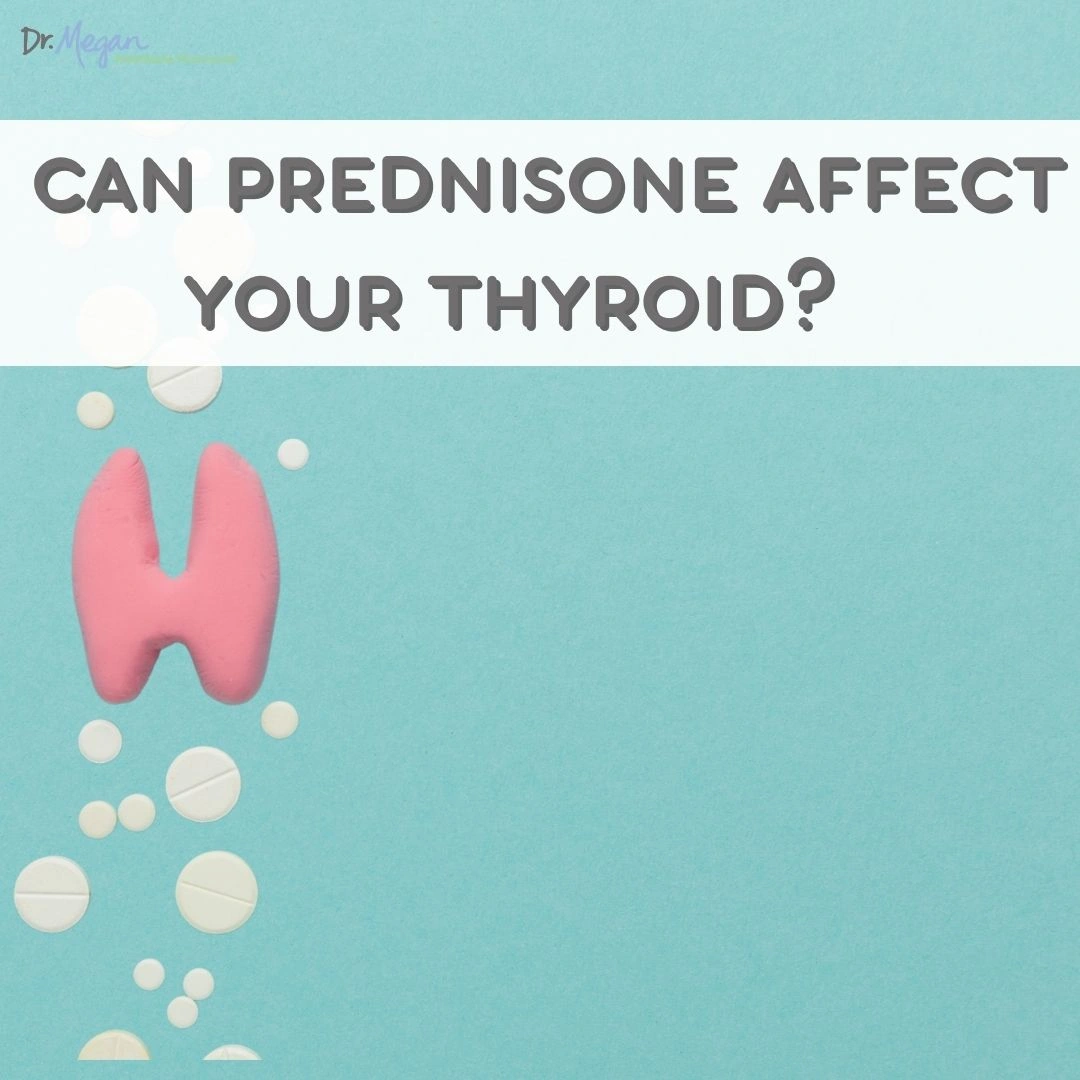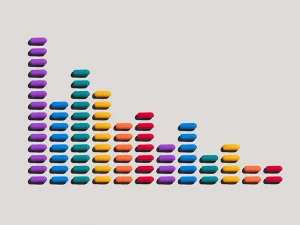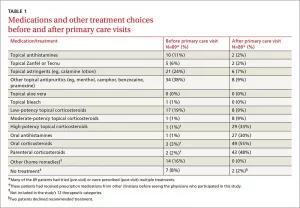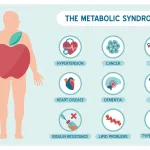
Why Talk About This?
Let’s start with a little time travel. Imagine… Months ago, you were on prednisone. Maybe it was for your joints, an autoimmune thing, or just one of those mystery flares that made life crazy for a while. Fast-forward: You’re off it, back to “normal” routines, but you just don’t feel right. Thyroid meds you’ve taken for years? Suddenly not cutting it. Maybe it’s the brain fog, or the gym isn’t doing its magic, or—ugh—you’re just dragging. Ever been there?
You’re not alone. Honestly, I was stumped the first time this happened to me. I mean, how could something from months ago, like prednisone, still mess with my thyroid today? But as I started digging… I realized, there’s a lot nobody tells you. So let’s unpack do prednisone affect thyroid medicine months after and why this question keeps popping up in wellness groups (and, ahem, my inbox).
The Odd Couple: Prednisone Meets Your Thyroid Meds
What Actually Happens When You Mix Them?
Prednisone—good old reliable corticosteroid. Fast acting, strong, often a lifesaver for inflammation or immunity storms. But it doesn’t just work in a vacuum: It’s sort of like letting a rowdy friend crash at your house. Sure, it fixes the party in the short-term, but sometimes, it leaves a mess behind. And your thyroid? Oh, it notices.
The science-y bit (but I’ll try to keep this friendly!): Prednisone mostly acts on your body’s main hormone relay—called the HPA axis. Instead of targeting your thyroid directly, it changes the “wiring,” especially in how you turn T4 (a storage thyroid hormone) into T3 (the active, feel-good hormone). Think of it as throttling the pipeline; even months later, your body might not be back to its smooth and steady rhythm.
There’s this strange, seesaw effect. If you’re taking thyroid replacement, prednisone makes your body process those hormones differently. It can suppress TSH (the pituitary hormone that tells your thyroid what to do), lower conversion rates, or frankly… just make labs look wild without a true disease sparking up according to a detailed endocrine research review. It sometimes even hides symptoms, so you think you’re fine—until you’re definitely not.
Story time: My friend Kira swears her thyroid numbers got “lazy” after her second prednisone prescription, but it took months (and two pairs of stretchy pants) to figure out why. At her checkup, labs screamed “adjust your meds!” even though she felt just a little off… until one day the fatigue hit like a ton of bricks.
In short: yep, prednisone can influence your thyroid medication months after you’re done. The effect isn’t always dramatic, but sometimes it’s sneaky.
What’s Happening—Months Later?
Let’s Get Real: Why Does This Linger?
Here’s where things get weird. You’d think—stop prednisone, and everything snaps back. Not so fast. According to research on long-term hormone co-usage, the way prednisone changes your thyroid function isn’t just in-the-moment. It actually shifts your hormone “set points.” One large study following people for years found even after the steroid is gone, it can take weeks—or months!—for your adrenal-thyroid connection to reset.
For many of us, it can mean new symptoms pop up or existing ones get worse. Suddenly, meds you’ve taken for years need tweaking. Mood swings, sluggishness, that “out-of-body” tiredness… sometimes unexpected weight changes, a weird intolerance to cold, or, if you’re like me, just an utter pileup of “not-quite-right.”
Let’s throw down some quick numbers in a table because, honestly, it helps to see it at a glance:
| Effect | Short-term Prednisone (weeks) | Long-term Prednisone (months+) |
|---|---|---|
| Lab Test Changes | Mild T3 drop, often rebounds fast | TSH suppression, slow T4–T3 conversion, can mimic hypothyroid |
| Symptoms | Fatigue, maybe mood blips | Brain fog, persistent fatigue, weight shifts |
| Monitoring Need | One-off labs, usually | Lab tests every 3–6 months, possible dose changes |
And for anyone who likes the nitty-gritty: The way prednisone “sticks” is by de-tuning your thyroid’s feedback signals. When your body is under the spell of steroids, it can suppress its urge to make and convert hormones naturally. Once prednisone is gone, your thyroid might be “asleep at the wheel,” waking up oh-so-awkwardly… needing a nudge with more or less thyroid med. That’s why doctors sometimes adjust doses a month or two (or three) after your steroid course, not just during it.
One more thing about timing: If you do can I take levothyroxine and prednisone together, make sure you take them at least four hours apart. That helps your body process each med better and avoids a direct run-in that could truly confuse your labs or symptoms down the road research on medication timing and interactions.
How Can You Tell If Prednisone Is Messing With Your Thyroid Meds?
Watch For the Clues
This is where it gets personal—because only you know when your “normal”… isn’t. Have you noticed changes in:
- Energy (ugh, that 3 p.m. crash…)
- Weight (scale won’t budge—or creeps up no matter what)
- Mood (more irritable, “flat,” or anxious)
- Temperature sensitivity (suddenly always cold or sometimes way too hot)
If any of these hit home, especially after stopping prednisone, don’t just chalk it up to everyday stress. You know your own “typical.” Changes like this could mean your thyroid hormones are out of sync—sometimes from the way your body is still adapting post-steroids according to advice for thyroid test accuracy.
And about those lab tests: Try to be consistent—fasting status, time of day, timing meds. All can throw results, even before we add the wild card of recent prednisone. It’s worth asking your doctor to recheck things if you feel off. (My first month post-prednisone, my labs doubled back on themselves… No one warned me my TSH could “play hide-and-seek” for weeks!)
But Wait… Will This Show Up in Your Labs?
Good question—because sometimes, yes, will prednisone affect thyroid test results is a real thing. Steroids, even after you’re done, can mask low thyroid by suppressing TSH (so labs say you’re fine when you’re not). Or, thyroid hormone conversion is off; you might have plenty of T4 but not enough T3. The only real solution? Keep tabs on how you feel, not just what your numbers say. Point out any changes, no matter how random they seem.
Real People, Real Stories: Why This Matters
Confusion Is Common—And Nobody Tells You
Honestly, half of what I learned about the “prednisone-thyroid shuffle” came from people—not textbooks. There’s James, who noticed his hands would cramp on long walks three months after his last prednisone dose… turns out, his thyroid was under-performing, even on the same old med schedule. There’s Liz, who needed a double-take on her test results after a year with off-and-on steroids for asthma. Meds that worked for years suddenly… didn’t.
Even some doctors are surprised. Not because it’s rare (it’s not, especially with longer or stronger steroid courses), but because it takes time to show, and the body’s compensation tricks are pretty sneaky. The big studies say long-term combined thyroid and steroid use is common—31% of folks needing thyroid therapy also end up on meds like prednisone at some point. That means lots of us riding this rollercoaster, whether we know it or not according to analysis of multi-year prescription data.
For real-life comfort, I always recommend joining a good patient group or simply telling your doc the exact dates you took steroids. Makes it so much easier to catch the after-effects early (instead of months of guessing and self-doubt).
Let’s Talk Solutions: What You Can Do
So—here comes the practical bit. If you’re asking “do prednisone affect thyroid medicine months after,” here’s what you can actually do:
- Get labs checked routinely for a few months after steroids (especially if you’re feeling off, or if it was a high dose or long course).
- Stay consistent with your thyroid med timing (early AM, empty stomach is best) and give steroids plenty of space—four hours between them works wonders (can I take levothyroxine and prednisone together is a common question, and yes, you can—but separation = success).
- Track your symptoms. A notebook, a phone app, a partner who watches your moods (thanks, honey!)—pick what works for you. Notice patterns.
- Don’t self-adjust your dose without talking to a real MD or endo, even if you think you’ve got the puzzle solved. Hormones are tricky. Get guidance.
- Eats and lifestyle hacks: Lean into nutrient-rich foods (selenium, omega-3s, plant-based goodies) and gentle movement to keep metabolism humming. Small steps, big difference, promise.
Breakdown: What’s Actually At Play?
Let’s Simplify the Science
Okay… If you’re someone who likes a little biology with your breakfast, here’s the play-by-play of why do prednisone affect thyroid medicine months after can be true:
- Prednisone turns down your pituitary’s TSH “volume” (so you make less thyroid hormone naturally).
- It also slows your liver’s work converting T4 to that gold-standard T3, the thyroid “powerhouse.”
- The kicker? It does this for a while—so even after you stop prednisone, your body can be in “recovery mode” for weeks or months.
- If you’re on replacement thyroid meds, all that means your dosing needs might change. Sometimes more, sometimes (rarely) less—but it’s rarely “set it and forget it.”
Layer in life—not sleeping well, stress, blue Mondays, other meds—and, well, it’s no wonder this stuff takes a while to shake out. Tricks like will prednisone affect thyroid test are worth knowing when timing your next labs. And if you have adrenal issues or other hormone replacements (hello, pituitary friends!), timing and teamwork matter even more.
A Quick Encouragement—You’re Not Alone in This
If you’ve read all the way here, you care about your health (and yay, gold star!). The answer to do prednisone affect thyroid medicine months after? Yes, it really can… but it’s not forever. You’re not “broken,” just in a weird, often temporary, post-steroid phase your body will eventually navigate. It’s normal to need some patience—and a plan—for your thyroid medicine to feel effective again.
The best news? This stuff is manageable. Truly. Most of us get back to our own equilibrium with smart labs, honest conversations, and being a little stubborn with our self-advocacy. Talk to your doctor, stay curious, trust your instincts—and remind yourself you’re not being dramatic. It’s real. Together, we can keep the conversation alive and support each other’s ever-changing, never-boring wellness journeys. Thoughts? Stories? I want to hear them. Drop a comment or shoot me a message. You’ve got this. And hey, so does your thyroid.






















Leave a Reply
You must be logged in to post a comment.